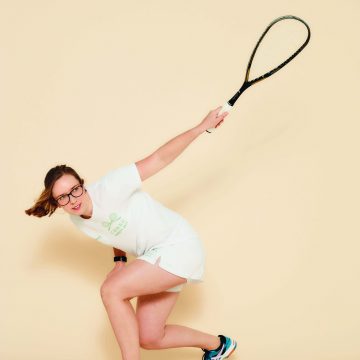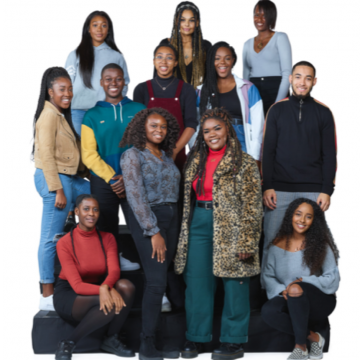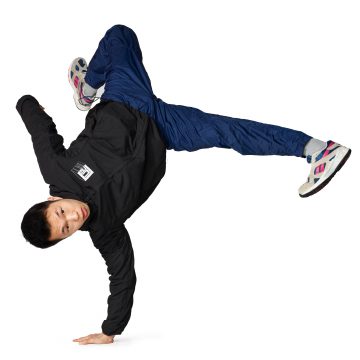We have lift off!
Cambridge University Spaceflight has one major aim – to launch a rocket into space. And they’re almost there.
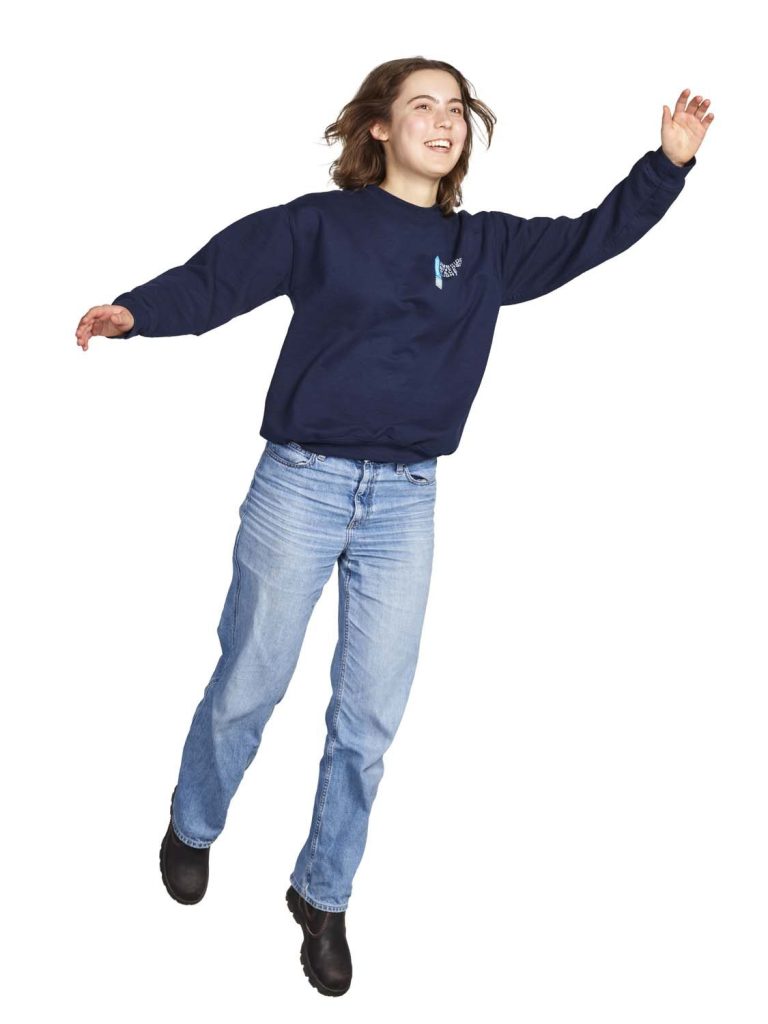
During the Covid-19 lockdowns, some people busied themselves with perfecting a sourdough loaf or learning a new language. The members of one University society, however, set themselves a rather more ambitious goal: to launch a rocket into outer space.
“We gave ourselves a bit of a design task, where we started aiming for the Kármán line, which is the edge of space, 100km away,” explains Jamie Russell, President of Cambridge University Spaceflight (CUSF). “It involved designing a huge rocket, called Griffin, and solving all of the really difficult challenges that come with going that fast and that high.”
Founded in 2006, CUSF’s goal has always been to one day reach the depths of outer space. Early projects included sending four teddy bears to the edge of space using high altitude balloons in 2008 – a mission that caught the attention of the national press. Students then started building their Martlet series of rockets, and then rocket engines.
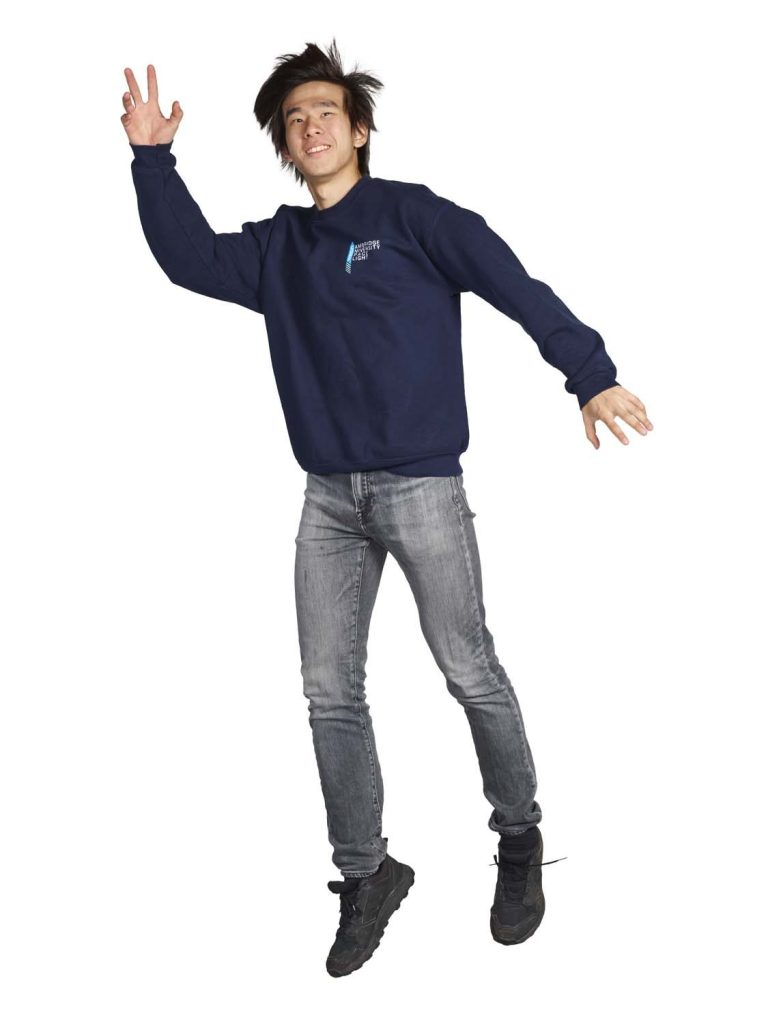
In 2019 they successfully test-fired Pulsar, their biggest engine to date – believed to be the UK’s largest nitrous hybrid rocket. They’re now edging closer to their ultimate goal: becoming the first students and amateur rocket group in Europe to reach space with their new engine: White Giant. In September, Jamie and other members of the society headed to the Mojave Desert in California to test a smaller rocket, called Aquila (there is less space in the UK, increasing the risk of potential damage). Then, next year, they hope to launch the 10m-tall Griffin rocket into outer space.
The society, which meets every Sunday in the Dyson Centre for Engineering Design, inevitably includes many engineering students – but those from all disciplines are encouraged to get involved. “Everyone brings something different,” says Russell. “It’s useful to have people that haven’t been taught conventionally as they’re more willing to investigate and learn themselves. The most valuable skill a member of Spaceflight can have is being able to go away and research a problem on their own, because there’s no rocket building module on the engineering course.”
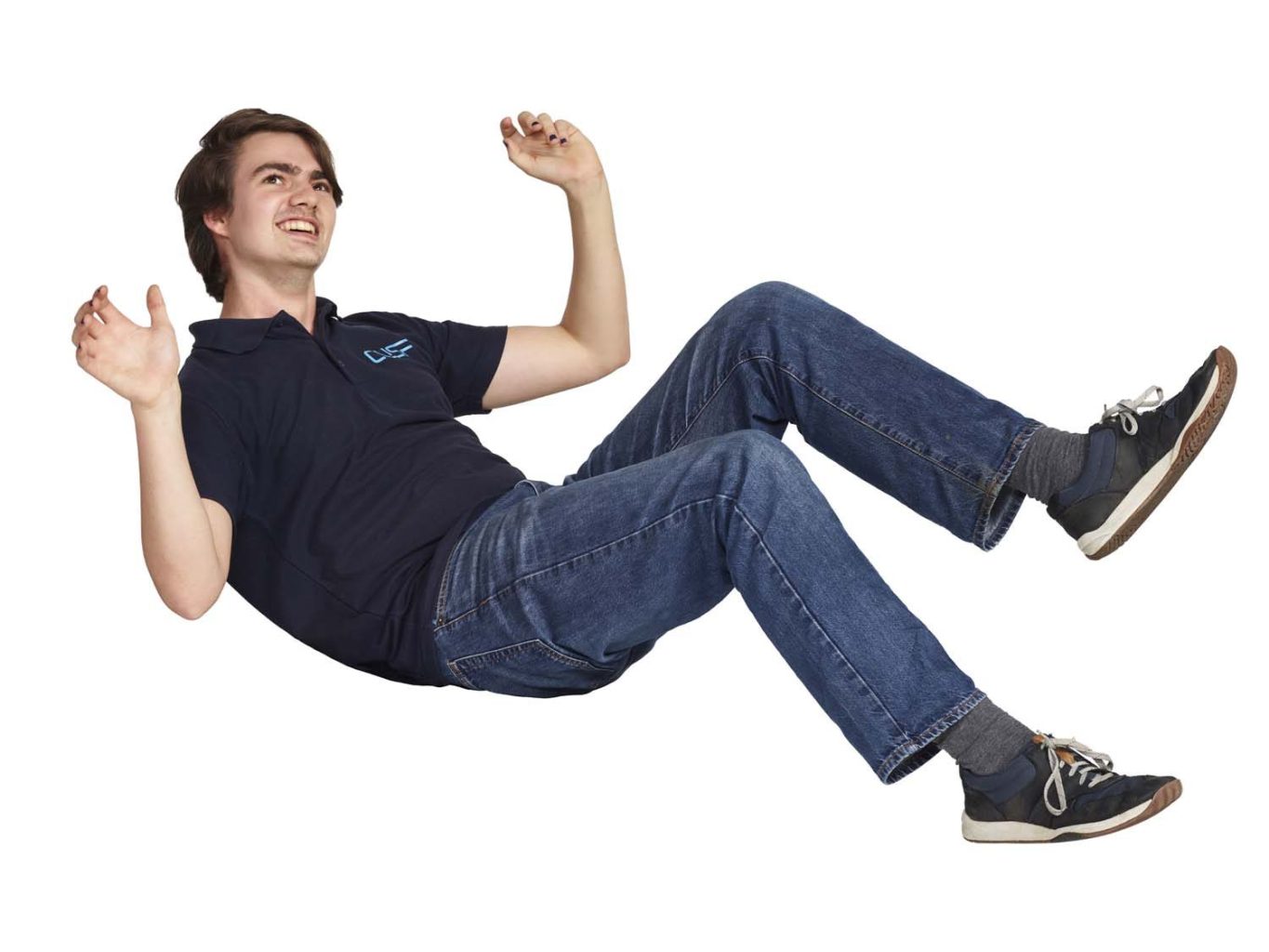
Building and testing rockets isn’t cheap, and CUSF receives funding from the University’s engineering department as well as commercial sponsors – who not only provide money, but physical components and advice too.
With all the time and money involved, testing the designs can be a nerve-racking experience. “For sure, it’s stressful,” says Russell. “But getting those final products out and seeing them in the real world is very exciting.”
Find out more at cusf.co.uk or follow CUSF on Instagram, Facebook and LinkedIn.


